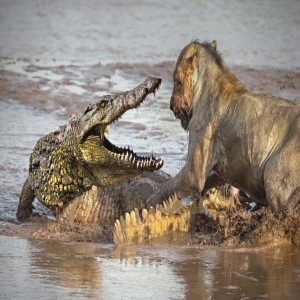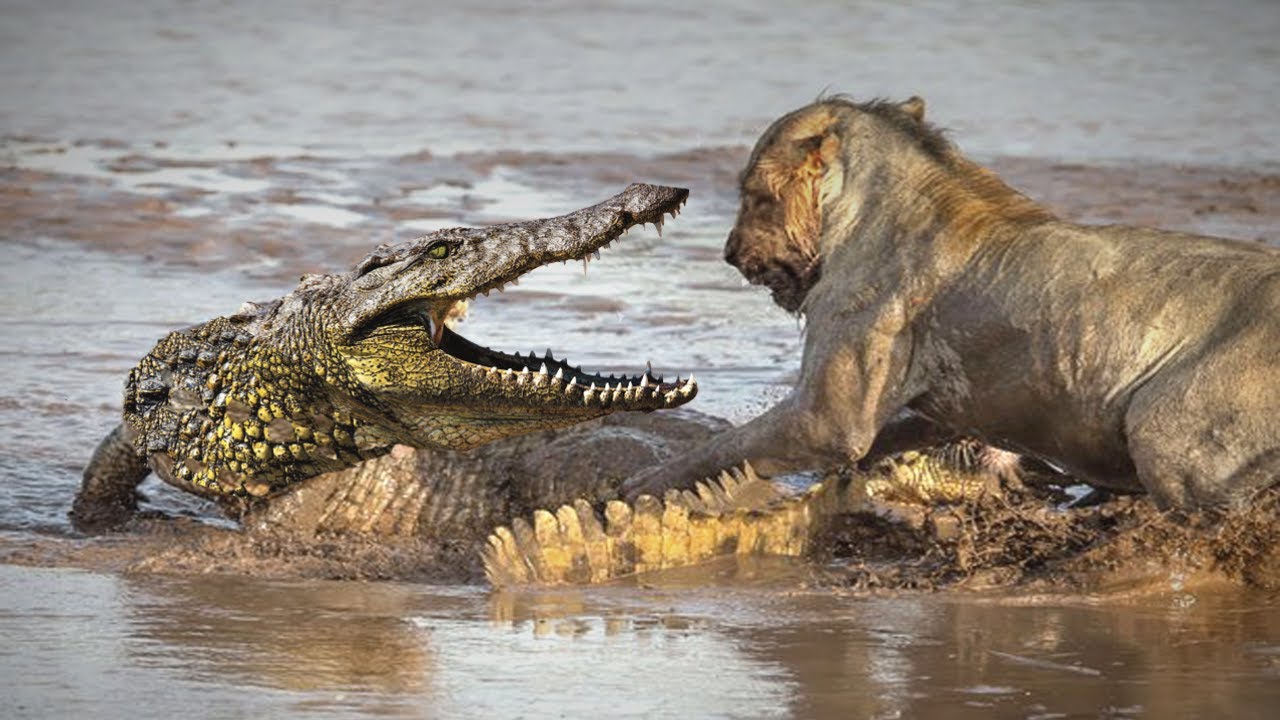

Long, long ago—nobody knows how long ago—an old man and his son lived in a hut on a mountain with their only horse. One day, the horse disappeared, and almost all the villagers on the mountain expressed their condolences for losing the horse, which actually helped them in several ways.
The old man thanked them for their concern but also asked them: "why do you want to say that this is a misfortune?" The villages had no answer.
A couple of days later, the runaway horse came back home, followed by half a dozen horses. The villagers congratulated the old man. He thanked them profusely but also asked them, "Why do you want to say this is a fortune?" The villagers had no answer.
As the horse population grew, the old man became rich. But his foolish son tried to ride a new horse and, in such an attempt, fell down from the back of the horse and broke both legs.
The villagers met the old man and expressed their grief. Again, the old man thanked them but asked them: "How do you know that this is an ill fortune?" The villagers had no answer.
A month or so later, war broke out. The king of that country wanted a man from each house to go to the front and fight.
Fortunately for the old man, his only son was declared unfit to join the king's army because of his still bandaged legs. All the youngsters of the mountainous village who were forced to join the king's army lost their precious lives, while the old man's only son escaped from the disaster.
So goes a Chinese folktale that gives insight to a huge poser: "What is life?" Life is full of challenges ..., full of problems ..., full of adventures ..., and also full of solutions. In fact, every problem attacks us with a solution appended to its tail. We rarely see the tail first; some time might pass before the tail becomes visible. That is to say, we should all be prepared to face the jaws of life without flinching.
William Shakespeare was right when he said, "Life is a tale told by an idiot full of sound and fury signifying nothing." Father time teaches us that life is a grand mixture of joy and sorrow. When Joy meets us, there is nothing to be jubilant about. And when sorrow shakes hands with us, there is nothing to grieve. Unhappiness becomes happiness in due course. The vice versa is also true. We have only one life. We don't have seven, as some people believe. The seven lives may be seen as seven stages, and we pass through the stages before we end up in the last one, "sans eyes, sans teeth sans everything."
We constantly but foolishly believe that the world owes us a living. We conveniently forget that the world was here first; it owes us nothing. The principal business of life is to enjoy it since there is no second chance for us. Make the most of life and make the best of it. In this context, I am reminded of a lovely poem on life by Leon de Montenaken:
Life is but jest:
A dream, a doom,
A gleam, a gloom -
And then - good rest.
Life is but play:
A throb, a tear,
A sob, a sneer -
And then - good day.
We live our lives hurried and worried until we are buried. When we are young, we look forward to things that are yet to come. When we reach the final stage of our lives, we look back to things that have already passed. Either way, we forget to live happily, and most of the time, we expect and expect and continue to expect.
Readers, if you watch the TV channels that showcase the most beautiful people, you may infer from the adventurous scenes that everyone, be it a caterpillar or an elephant, has to go in search of food and water. While doing so, disaster and death lurk everywhere. The rabbit has to run for edible leaves and flowers regardless of the hovering hawk. The slithering snake has to fight for its precious life against the reptile-eating mongoose. An all-powerful lion, too, has to slurp water from the river very cautiously lest it gets caught between the more powerful jaws of an alligator.
Life is hardly respectable if it has no posers, tasks and labours. Again, life is hardly respectable if it has no joy, sleep, or love. The art of life lies in a constant readjustment to our surroundings. And we have to believe in George Santayana's wise words: "There is no cure for birth and death save to enjoy the interval. The dark background which death supplies brings out the tender colours of life in all their purity."